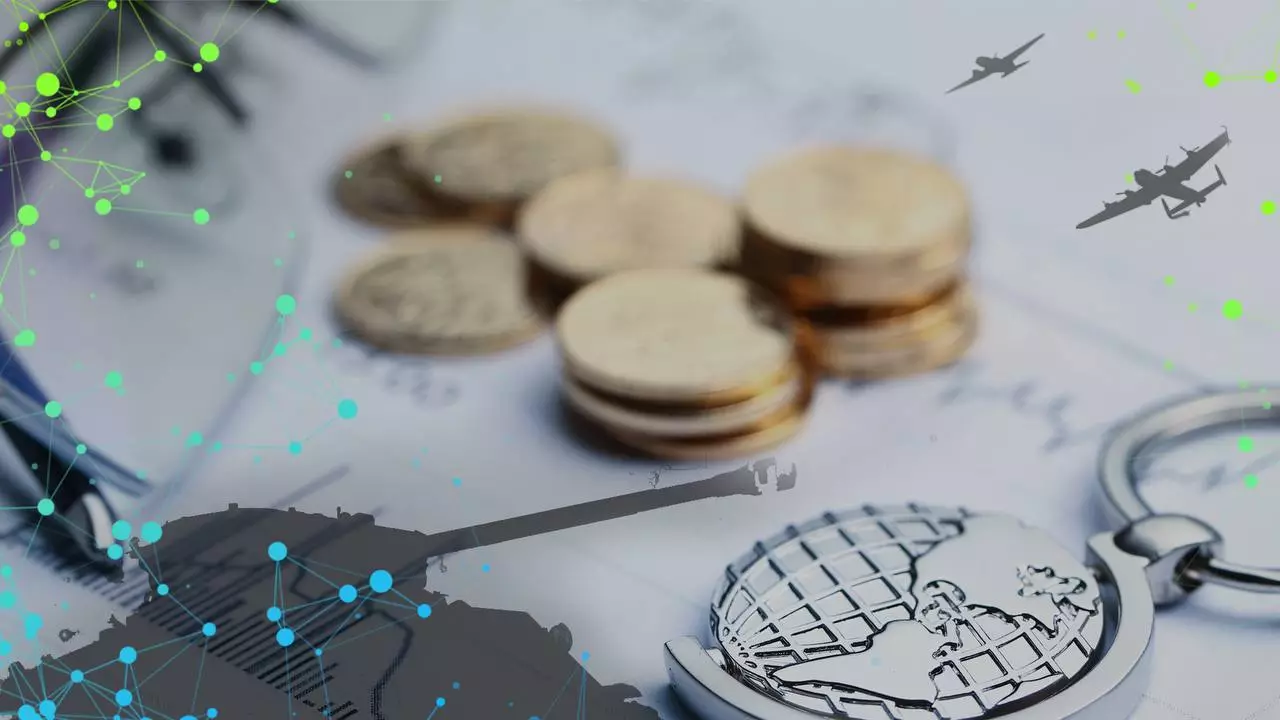Foreign Economic Activity (FEA) During a State of War
The introduction of a state of war in Ukraine against the backdrop of geopolitical instability necessitates effective legal regulation of economic processes and national security assurance. In this context, the Ukrainian Law on Economic Defense (FEA) gains special significance, regulating strategic measures to ensure the functioning of the economy and reserves during a state of war. Legal experts from Dextralaw provide consultations on FEA matters, offering clients comprehensive information and advice on this topic.
Currency Restrictions
Currency restrictions during a state of war are imposed to ensure national security, economic stability, and control over financial flows. These restrictions may include:
- Restrictions on exporting currency and currency valuables abroad to preserve financial resources in the country.
- Regulation of currency transactions. Currency operations, such as currency exchange, fund transfers, and others, may be subject to additional control and regulation to prevent undesirable financial transactions.
- Prohibition of foreign investments to control strategic sectors of the economy.
- Control over foreign trade. Restrictions on foreign trade and import-export operations may be introduced to protect national interests.
- Prior approval for currency operations. Some types of currency operations may require prior approval from the currency regulator.
- According to the Ukrainian Law “On Currency and Currency Operations,” when paying for goods and services abroad, it is necessary to consider the list of works and services for which payment can be made during a state of war in Ukraine.
Force Majeure
Force majeure refers to unforeseen events or circumstances beyond the control of the parties that affect their ability to fulfill obligations. In the case of a state of war, such circumstances may include:
- Armed conflict;
- Military actions;
- Restrictions on movement and communications;
- Destruction or damage to infrastructure;
- Economic imbalances, and so on.
Force majeure circumstances are officially confirmed by a certificate from the Chamber of Commerce and Industry of Ukraine (CCI). In accordance with the letter dated February 28, 2022, No. 2024/02.0-7.1 of the CCI, force majeure circumstances were established – specifically, the Russian Federation’s military aggression against Ukraine, which served as the basis for declaring a state of war. It was noted that these circumstances, lasting from February 24, 2022, until their official termination, are inevitable, insurmountable, and objective factors for economic entities and/or individuals acting under a contract.
The certificate from the CCI, issued in accordance with Article 141 of the Ukrainian Law “On Chambers of Commerce and Industry in Ukraine,” serves as evidence of force majeure circumstances and plays a crucial role in exempting from penalties related to breaches of payment deadlines for FEA and contractual obligations.
Legal practice emphasizes that the presence of force majeure circumstances is not an independent reason for non-performance of obligations but requires additional assessment by the court in the context of a specific case.
How Can We Help?
Consultations on currency restrictions during a state of war and other important issues will be provided by the lawyers of Dextralaw, who have years of experience in the field of law and currency regulation. Our team of experts deeply understands the legal aspects related to the state of war and is ready to provide an individual approach to each client.
We also offer:
- Consultations on general FEA issues;
- Consultations on various customs regimes, classification of goods, import-export operations;
- Consultations on non-tariff regulation (certificates, licenses, and other permits);
- Assistance in selecting the UKT FEA code;
- Calculation of customs payments, taxes, and fees;
- Preparation of a document package to confirm the declared customs value;
- Consultations on violations of Ukrainian customs legislation;
- Determining the need for obtaining permits related to import prohibitions and restrictions;
- Risk assessment for imports or exports across various commodity groups.
Our advantages:
- Expertise and years of experience;
- Individual approach;
- Up-to-date and verified information;
- Operational support;
- Comprehensive approach;
- Confidentiality and trust of regular clients.
Questions/Answers
During a state of war, various currency operations may be restricted, including currency exchange, fund transfers abroad, exporting currency and currency valuables, and other operations that may impact the financial market’s stability and national security.
Violating currency restrictions during a state of war may lead to the imposition of penalties, administrative punishments, or even criminal liability, depending on the severity of the violation and the country’s legislation.
During a state of war, control over international payments may be introduced. Business entities and individuals must comply with the requirements and procedures defined by official currency authorities when conducting international payments.
In exceptional circumstances, which may include humanitarian needs, medical assistance, emergency situations, etc., currency restrictions may be temporarily eased or lifted for a certain period by the decision of competent authorities.


